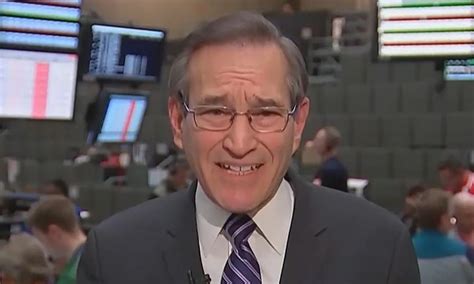A Quote by Thomas Sowell
No one pushed harder than Congressman Barney Frank to force banks and other financial institutions to reduce their mortgage lending standards, in order to meet government-set goals for more home ownership. Those lower mortgage lending standards are at the heart of the increased riskiness of the mortgage market and of the collapse of Wall Street securities based on those risky mortgages.
Quote Topics
Related Quotes
Securities based on risky mortgages are what toppled financial institutions but it was the government that made the mortgages risky in the first place, by making home-ownership statistics the holy grail, for which everything else was to be sacrificed, including commonsense standards for making home loans.
A lot of these things have hurt the average American. When they look at the banks and they say, "Well, the bank's talking its own game," I am telling you, what we've done in mortgage lending, our inability to have proper regulations around mortgages, has hurt average Americans. First-time buyers, immigrant buyers, prior defaults, self-employed, because they can't get a mortgage. Will it make a big difference to JPMorgan Chase? No, but you're hurting my fellow citizens. Let's go at it, and let's fix it.
The financial collapse of 2008 got its start with predatory mortgages, that weren’t sold by community banks and credit unions, they were sold by fly by night mortgage brokers who had almost zero federal oversight and then the big banks looked over, saw the profit potential and they wanted it bad. So they jumped in and sold millions of these terrible mortgages while the bank regulators just looked the other way.
Ask most people who live in a home and have a mortgage on it whether they own their own home and the answer is almost guaranteed to be a resounding 'yes'. Yet it's the wrong answer. Technically speaking, until they have paid the mortgage off, they don't own it. Herein lies the difference between reality and illusion, between ownership and control. This confusion lies not only at the individual level, but also at the heart of government thinking.

































